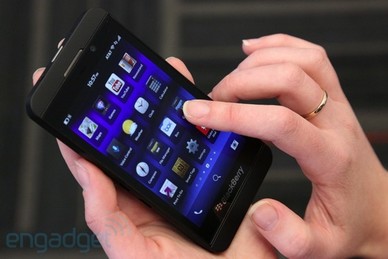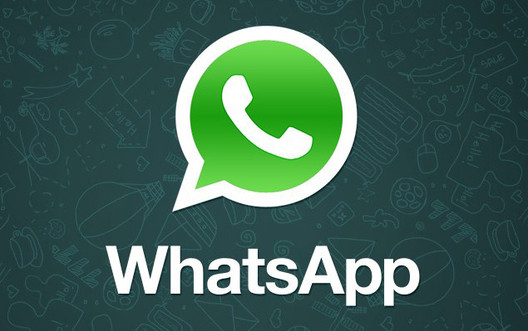The month of January saw a radical reinvention of a company with a long track record as Blackberry - formerly known as Research in Motion launched its new operating system Blackberry 10 and entered in direct competition with major players in the Smartphone industry. This platform represents a massive overhaul in design and in thinking at the company. BlackBerry clearly asked itself, what is most important to the masses? And what do they care about?
An interface that prioritizes messaging, contextualizes communication, and doesn’t slow users down with useless nonsense emerged as the answer.
On top of the rebranding of the company, executives took the stage to show off the new 4.2-inch BlackBerry Z10 and a second model launching equipped with a QWERTY keyboard. With the Z10, Blackberry has created a smartphone that’s worthy of being mentioned in the same space as the latest Android devices and the iPhone. The BB10 interface on the new Z10 is smooth and powered by gesture controls that are extremely user friendly. Blackberry Hub is yet another appealing feature which universalizes the messages and E-mails in one place while avoiding clustering at the same time. The Calendar is also contextually integrated as for each entry; it will bring up info on other participants (if there are any) as well as related emails.
Blackberry’s famous feature, the ‘Blackberry Messenger’ is also upgraded. For BB10, the company added two new features to this popular core service, namely video chat and screen sharing. Another much touted feature of BlackBerry 10 is Balance, as in work/life balance. This allows users to have a separate personal profile with different apps, messaging accounts as well as different backgrounds. One can easily fall in love with the BB10 interface if it were not for the small number of applications that are available for the new OS. It’s impressive to note that over 70,000 apps are already up and available but the number still remains extremely low as one compares it with Google Play Store and iOS App Store.
Blackberry Z10 is to be released in India at a price above Rs. 40000 (Source: IBN)
Videt Jaiswal
Columnist
An interface that prioritizes messaging, contextualizes communication, and doesn’t slow users down with useless nonsense emerged as the answer.
On top of the rebranding of the company, executives took the stage to show off the new 4.2-inch BlackBerry Z10 and a second model launching equipped with a QWERTY keyboard. With the Z10, Blackberry has created a smartphone that’s worthy of being mentioned in the same space as the latest Android devices and the iPhone. The BB10 interface on the new Z10 is smooth and powered by gesture controls that are extremely user friendly. Blackberry Hub is yet another appealing feature which universalizes the messages and E-mails in one place while avoiding clustering at the same time. The Calendar is also contextually integrated as for each entry; it will bring up info on other participants (if there are any) as well as related emails.
Blackberry’s famous feature, the ‘Blackberry Messenger’ is also upgraded. For BB10, the company added two new features to this popular core service, namely video chat and screen sharing. Another much touted feature of BlackBerry 10 is Balance, as in work/life balance. This allows users to have a separate personal profile with different apps, messaging accounts as well as different backgrounds. One can easily fall in love with the BB10 interface if it were not for the small number of applications that are available for the new OS. It’s impressive to note that over 70,000 apps are already up and available but the number still remains extremely low as one compares it with Google Play Store and iOS App Store.
Blackberry Z10 is to be released in India at a price above Rs. 40000 (Source: IBN)
Videt Jaiswal
Columnist


 RSS Feed
RSS Feed